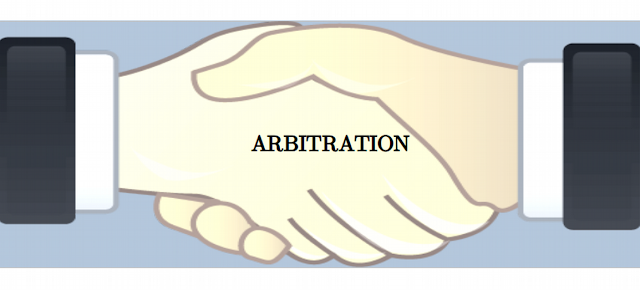MARITIME CLAIMS V MARITIME LIENS
GUEST POST: BY AYUSHI H DANGRE
There has always been a persisting confusion between a maritime lien and a maritime claim. Although, they may both overlap each other on various levels, they are essentially different from one another in the basic aspect that a maritime lien would pass on along with the vessel, irrespective of any change in ownership and would prove to be more in favor of the claimant, whereas a maritime claim ceases to exist if the vessel is sold to a third party. In case of a maritime claim, the claimant can no longer claim against the vessel if there is a change in ownership of the vessel, but only against the owner. It goes to show that, in case of a maritime claim, the claimant has a right in personam, that is, he can only claim against a particular person (natural or legal). However, in case of a maritime lien, the claimant has a right in rem, that is, his right is protected against the world at large. Maritime claims maybe right in rem or personam.
The Admiralty (Jurisdiction and Settlement of Maritime Claims) Act, 2017 defines in sub-section (g) of 2(1) as follows:
(g) “maritime lien” means a maritime claim against the owner, demise charterer, manager or operator of the vessel referred to in clauses (a) to (e) of sub- section (1) of section 9, which shall continue to exist under sub-section (2) of that section.
Section 4 defines maritime claim and sketches out an exhaustive list inclusive of maritime lien. Thus, it is safe to say that all maritime liens are maritime claims, but all maritime claims are not maritime liens. 1 Normally a lien in the general law is a rather limited right over some one else’s property. It is a right to retain possession of that property usually to receive a claim. But a maritime lien differs from other liens in one very important respect. Liens generally require possession of the ‘res’ before they can come into effect. 2
Under Section 5 of the Act, the High Court may order for the arrest of a vessel which is within its jurisdiction for the purpose of providing security against a maritime claim. Under Section 6 of the said Act, the High Court may also exercise admiralty jurisdiction by an order in personam in respect of the maritime claims referred to in Section 4. Section 9 of the Act sets out the inter se priority of maritime liens, but in so doing also informs us that they are restricted to five subject matters only.
In The Bold Buccleugh3, Sir John Jervis defined maritime lien as follows:-
“ maritime lien is well defined … to mean a claim or privilege upon a thing to be carried into effect by legal process … that process to be a proceeding in rem…. This claim or privilege travels with the thing into whosesoever possession it may come. It is inchoate from the moment the claim or privilege attaches, and, when carried into effect by legal process by a proceeding in rem, relates back to the period when it first attached.”
In M.V. Al Quamar v. Tsavliris Salvage (International) Ltd. and others,4 the Supreme Court observed as follows:-
“Be it noted that there are two attributes to maritime lien: (a) a right to a part of the property in the res; and (b) a privileged claim upon a ship, aircraft or other maritime property in respect of services rendered to, or injury caused by that property. Maritime lien thus attaches to the property in the event the cause of action arises and remains attached. It is, however, inchoate and very little positive in value unless it is enforced by an action. It is a right which springs from general maritime law and is based on the concept as if the ship itself has caused the harm, loss or damage to others or to their property and thus must itself make good that loss 5.
In Bailey Petroleum Company v. Owners and parties interested in the vessel M.V. Dignity 6, on the aspect of necessaries giving rise to maritime lien, the learned Judge held:
“It has been established by a wealth of decisions that the supply of necessaries does not create a maritime lien.”
1 Epoch Enterrepots v. M.V. Won Fu(2003) 1 SCC 305 at 311.
2 Chrisomar Corporation vs Mjr Steels Private Limited CIVIL APPEAL NO. 1930 OF 2008.
3 (1852) 7 Moo PCC 267.
4 (2000) 8 SCC 278 at 301.
5 See in this context Maritime Law by Christopher Hill, 2nd Edn.
6 (1993) 2 CHN 208 at 213-214.



